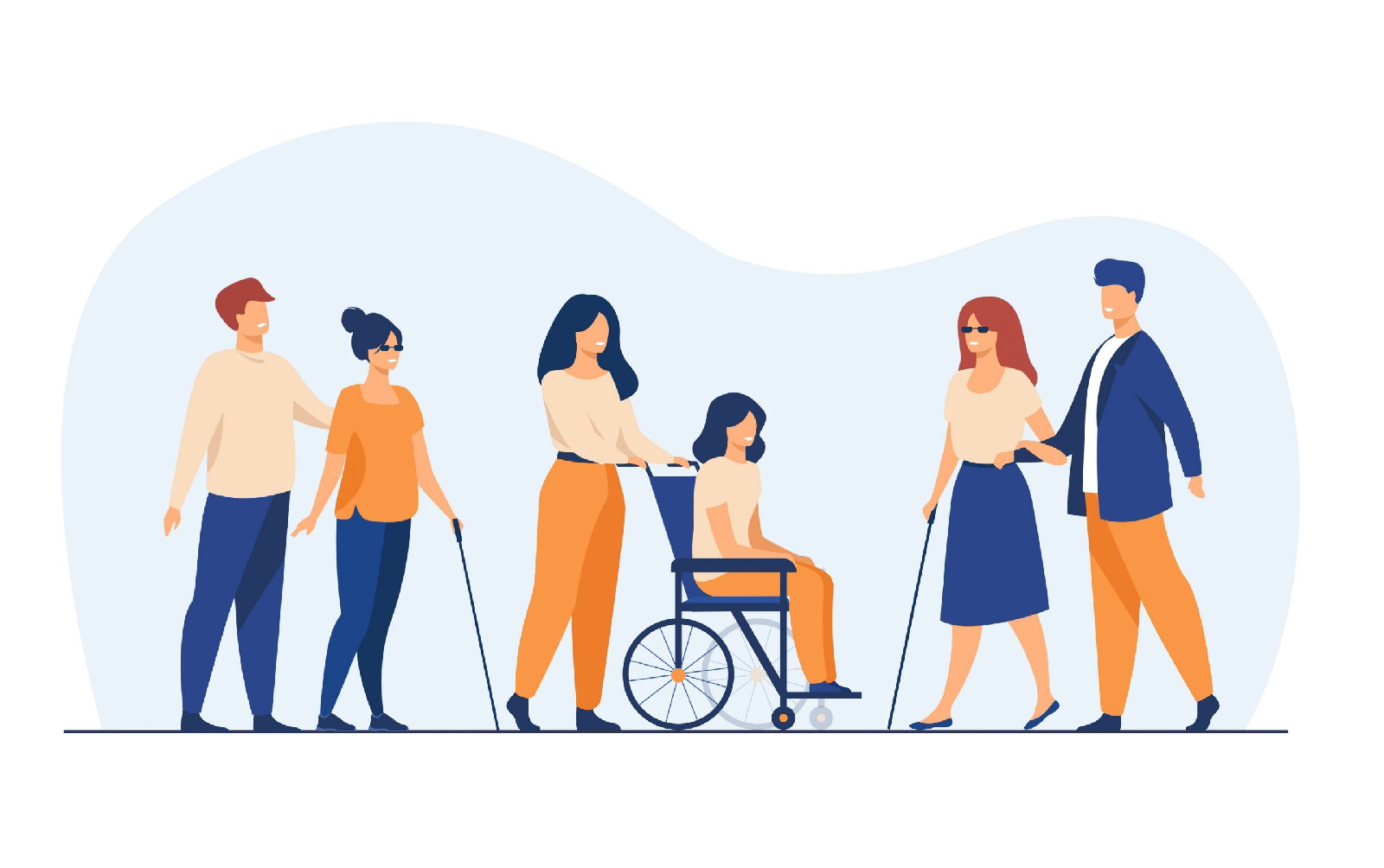Hi all, today I would like to share about the interesting topic, namely "Why we must stop climate change immediately", the main reason why I choose that topic because not everyone is aware how to protect on earth from climate change, from some research, Climate change on Earth is driven by natural processes and human activities. While natural factors contribute over long geological timescales, recent rapid climate changes are primarily caused by human activities. Here are the main causes:
1. Natural Causes
These factors operate on long timescales but can also trigger shorter-term variability:
a. Solar Radiation
Changes in the Sun's energy output can slightly affect Earth's climate. However, this impact is minimal compared to human activities.
b. Volcanic Activity
Major volcanic eruptions release aerosols and gases, like sulfur dioxide, into the atmosphere, which can temporarily cool the planet.
c. Orbital Changes (Milankovitch Cycles)
Variations in Earth's orbit and tilt affect the distribution of sunlight and drive ice ages over tens of thousands of years.
d. Ocean Currents
Shifts in ocean circulation patterns, such as El Niño or La Niña, influence global weather and climate systems.
2. Human Causes
Human activities since the Industrial Revolution (mid-18th century) have been the dominant force behind recent climate change:
a. Greenhouse Gas Emissions
Burning Fossil Fuels: Coal, oil, and gas release carbon dioxide (CO₂) and methane (CH₄), trapping heat in the atmosphere.
Agriculture: Livestock produce methane, while deforestation for farming reduces CO₂ absorption by trees.
Industrial Processes: Factories emit various greenhouse gases, including nitrous oxide and hydrofluorocarbons.
b. Deforestation
Cutting down forests reduces Earth's ability to absorb CO₂, a key greenhouse gas, contributing to warming.
c. Land Use Changes
Urbanization and large-scale farming alter natural landscapes, affecting Earth's albedo (reflectivity) and local climates.
d. Pollution
Aerosols from human activities can cool the planet by reflecting sunlight, but they also disrupt regional climates and air quality.
e. Waste Management
Landfills release methane, while poor waste practices exacerbate emissions.
3. Feedback Loops
Some processes amplify climate change:
Melting Ice: Reduces Earth's reflectivity, causing more heat absorption.
Permafrost Thaw: Releases methane, a potent greenhouse gas.
Ocean Warming: Reduces CO₂ absorption, increasing atmospheric levels.
Key Evidence of Human Influence
Rising CO₂ concentrations since the Industrial Revolution correlate closely with fossil fuel use.
Isotopic analysis confirms that excess CO₂ comes from burning ancient carbon (fossil fuels).
In summary, while natural factors have shaped Earth's climate over millennia, recent climate change is overwhelmingly driven by human activities, particularly greenhouse gas emissions.
Stopping climate change is essential because its consequences threaten the well-being of ecosystems, human societies, and future generations. Here’s why action is crucial:
1. Protecting Human Health
Extreme Weather Events: Climate change causes more frequent and severe heatwaves, storms, floods, and droughts, endangering lives.
Disease Spread: Rising temperatures expand the range of diseases like malaria and dengue.
Air Quality: Increased pollution contributes to respiratory and cardiovascular diseases.
2. Ensuring Food Security
Crop Failures: Changing weather patterns disrupt agriculture, reducing crop yields and increasing food prices.
Livelihoods: Farmers, especially in vulnerable regions, suffer economic losses due to unpredictable growing seasons.
3. Preserving Ecosystems
Biodiversity Loss: Rising temperatures and habitat destruction threaten countless species, disrupting ecosystems.
Ocean Health: Coral bleaching, ocean acidification, and rising sea levels endanger marine life.
4. Economic Stability
Rising Costs: Natural disasters, health crises, and infrastructure damage increase economic burdens on individuals and nations.
Loss of Productivity: Heatwaves and resource shortages hinder productivity, especially in developing economies.
5. Future Generations
Intergenerational Equity: Our choices today directly affect the quality of life for future generations.
Moral Responsibility: It's our ethical duty to leave a habitable planet for those who come after us.
6. Avoiding Irreversible Changes
Tipping Points: Melting ice caps, collapsing ecosystems, and runaway feedback loops could lead to catastrophic and irreversible effects.
Global Security: Resource scarcity caused by climate change can fuel conflicts over water, food, and land.
7. Economic Opportunities
Taking action against climate change fosters innovation, creating jobs in renewable energy, sustainable agriculture, and green technologies. Transitioning to a sustainable economy benefits both people and the planet.
Mitigating climate change is not just about preserving nature—it’s about ensuring a livable, equitable, and prosperous future for all.


